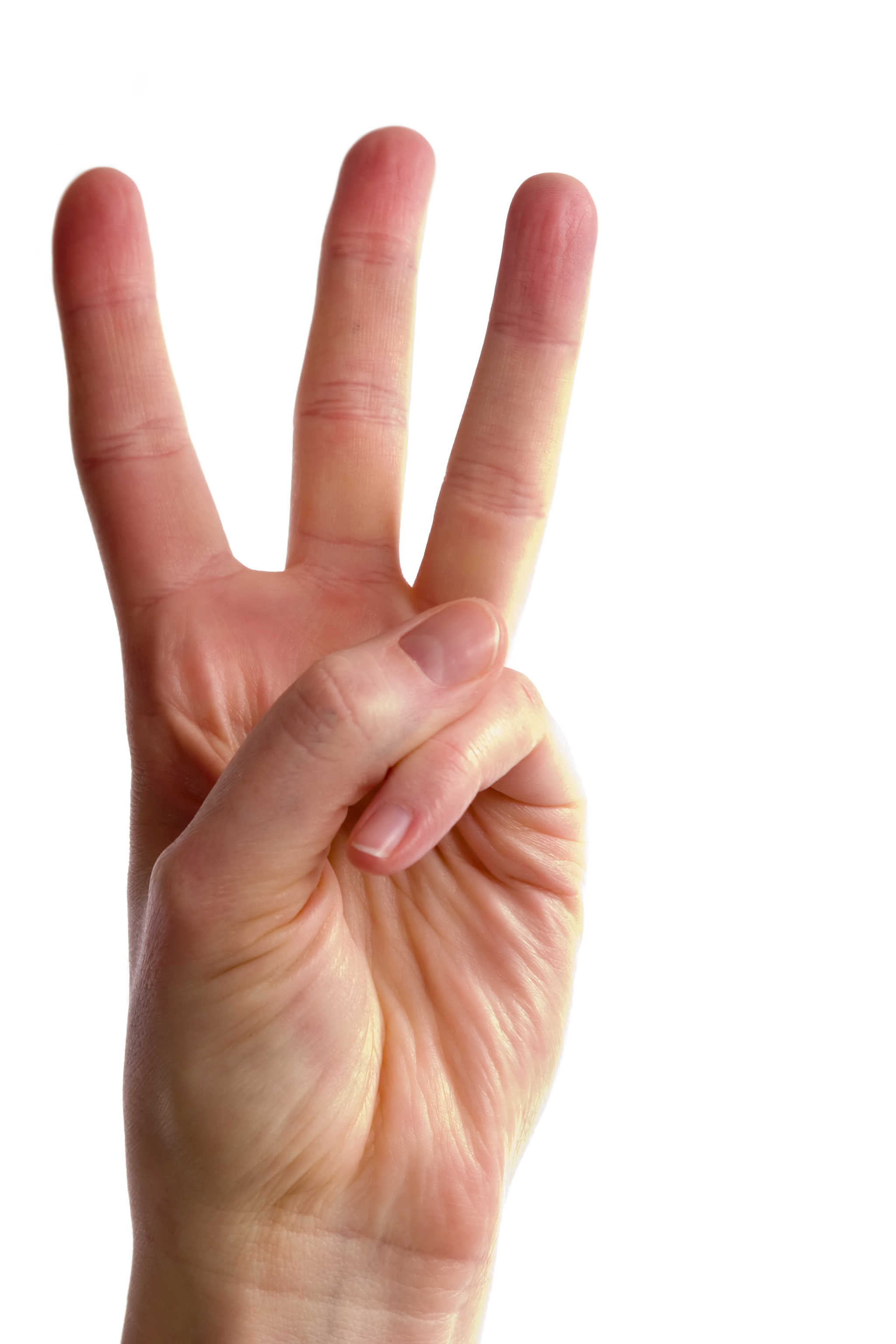Much to my surprise, it turns out that by far the most useful question to ask on the end-of-semester Student Rating of Teaching Effectiveness surveys is not one of the questions the university or department requires you ask. It is instead What are the three most important things you learned? (I thank Dean Williams for suggesting last year that I add this question). A smattering of responses from the class of 2013:
 (1) problem solving skills, (2) appreciation for science, (3) random conversation starters!
(1) problem solving skills, (2) appreciation for science, (3) random conversation starters!- (1) time management, (2) science is always very uncertain, (3) critical thinking skills.
- (1) We can’t rely on the news (2) how to read a study and weigh significance myself, (3) just because you teach an amazing class with the utmost clarity, does not mean your students will appreciate it/take advantage of the information you are supplying to the them.
- I learned how to look at statistics and studies more critically. The most important thing I learned was how not to be ignorant and take all information at face value. I have already used the skills I learned in this class in other classes.
- (1) Question everything, (2) learn from your mistakes, (3) science can be for everyone
- Aliens aren’t real. Animals have gay sex. Pruney fingers resemble river flows.
- (1) You don’t have to be a scientist to think like one. (2) Critical thinking is one of the most important things in our lives. (3) There is ALWAYS room for chance.
- (1) I should get vaccinated for HPV, (2) we have crappy intuition, (3) science’s answer is only good until someone else proves them wrong.
- (1) How to be a more critical thinker, (2) how to challenge everything in life and not be so content accepting facts, and (3) not to slack off at the beginning of semester.
- I learned not to hate science
- How to write a blog, time management, and how to do research.
- (1) how to think through problems, (2) how to analyze situations, (3) how to reach my own conclusions.
- (1) we have more than five senses, (2) albatrosses can be gay, (3) how to build a blog portfolio for my major.
- (1) Critical thinking can come from any class even if you don’t expect it. (2) I can’t rely on my photographic memory to teach me everything. (3) How to answer questions more intuitively.
- How to interact with peers. You can find science in almost everything. Don’t procrastinate.
- Science is important in medicine, people aren’t that good at making new ideas that work, and I liked the Nobel Prize guy.
- (1) Parasites control rat brains, (2) animals can be homosexual, (3) the size of the universe
- I learned how to analyze study reports. I learned the difference between correlation and causation (VERY IMPORTANT! :)). I also learned that science isn’t just chemistry and biology, it is everything around us.
- Science is about making mistakes until you find the answer which relates to life in a lot of ways
- 1. Nothing. 2. Don’t believe this is a non science course. 3. Science still sucks.
- NOTHING
- 1. How to blog. 2. How to speak in an accent. 3. How to take on line tests.
- Something I actually once loved can be made very boring
- Science is fun! Science is cool! Science is unlimited!
- I have not learned one interesting thing in this class.
- 1. To think critically. 2. Not to procrastinate. 3. New Zealand accents make class more interesting.
When you are teaching large classes, it is easy to focus on the problem students and the negativity. But (most of) these comments make me want to keep teaching lots of non-scientists who don’t want to be there. Teaching science to scientists, or teaching small groups of elite students…that’s important of course. But some how it feels like I can make more of a difference to more students with this course. And it still challenges me more than any other teaching assignment I can imagine.
